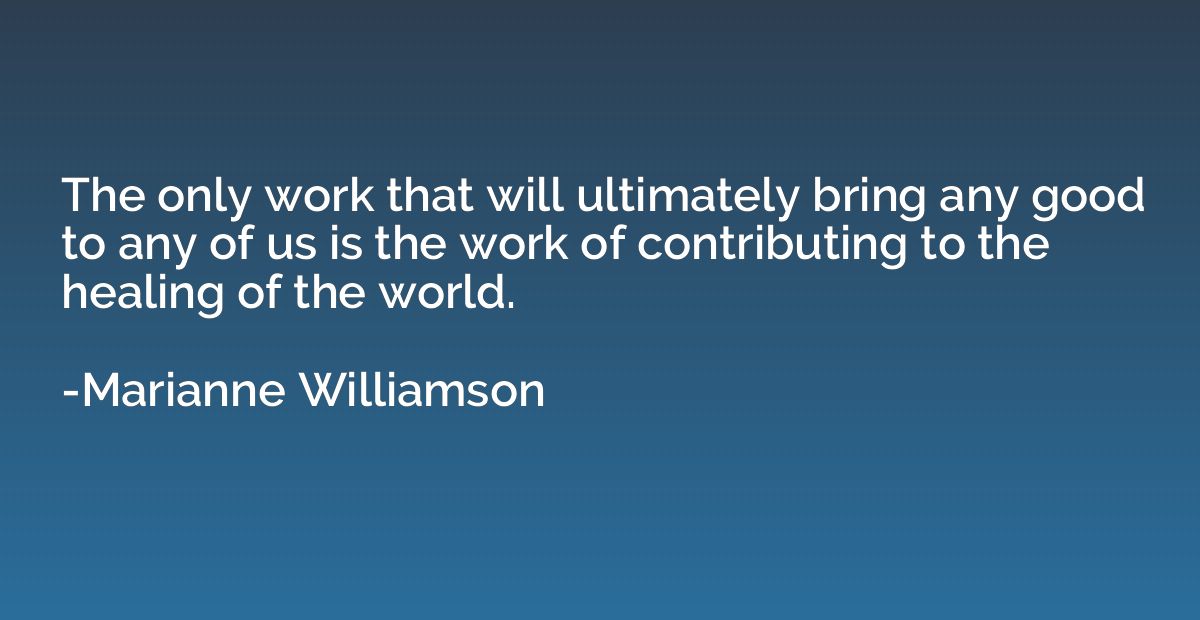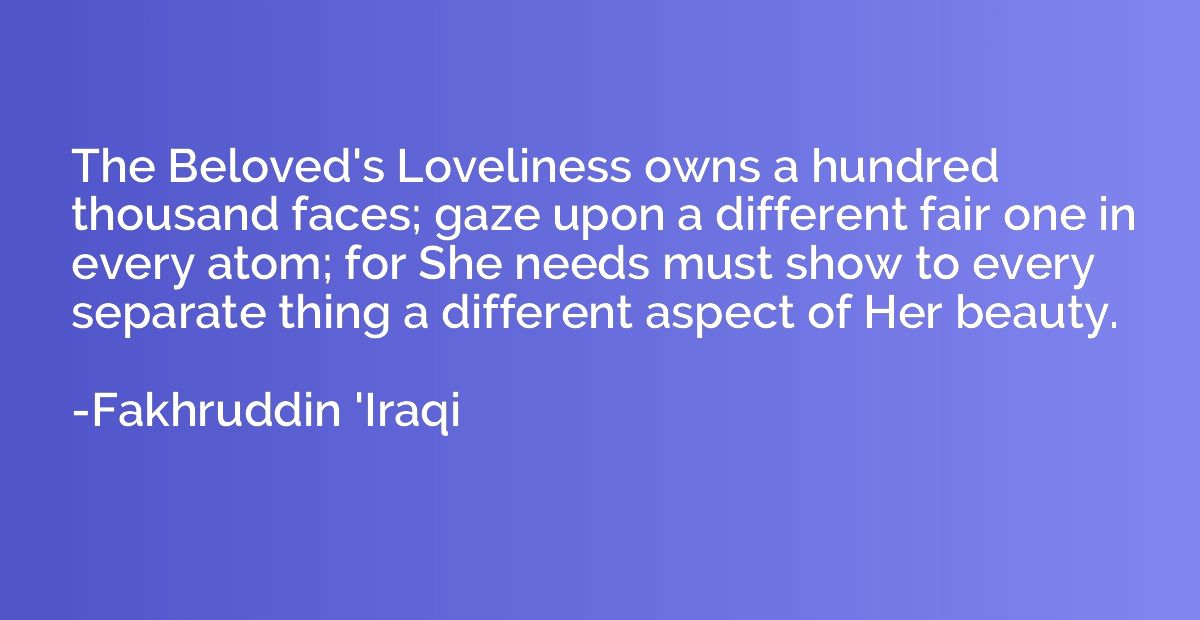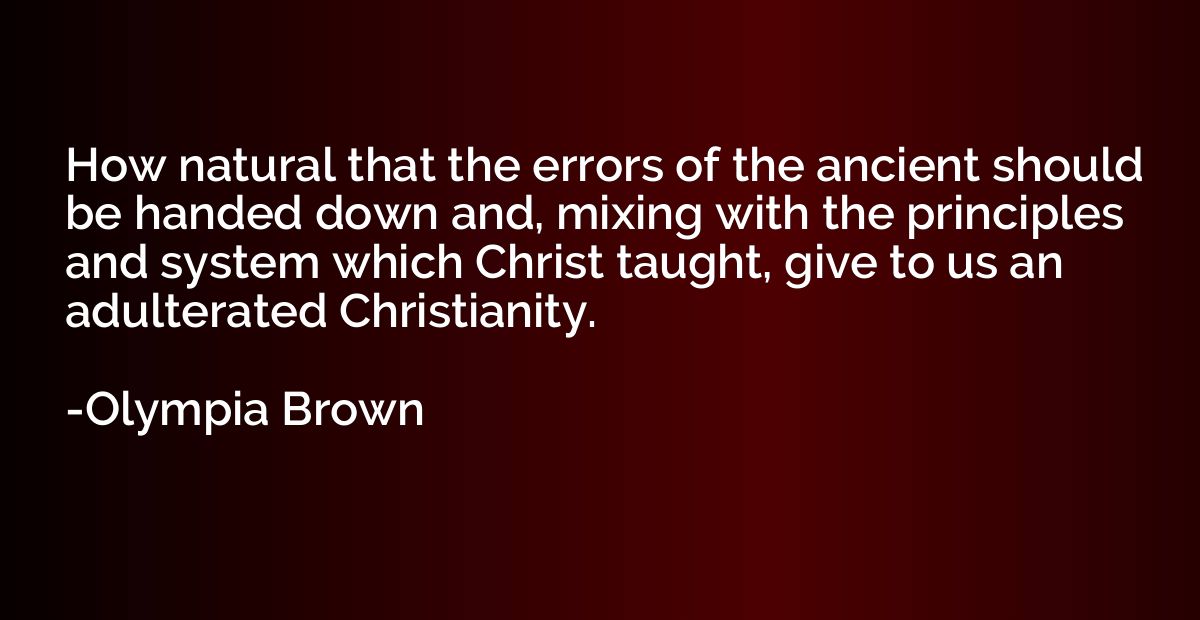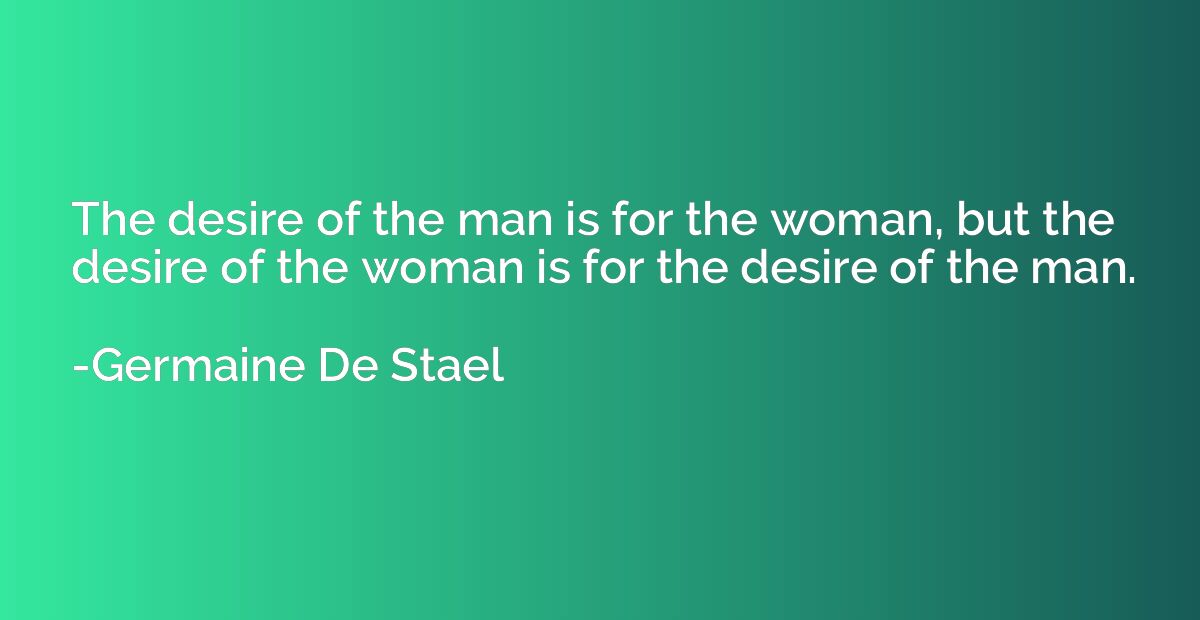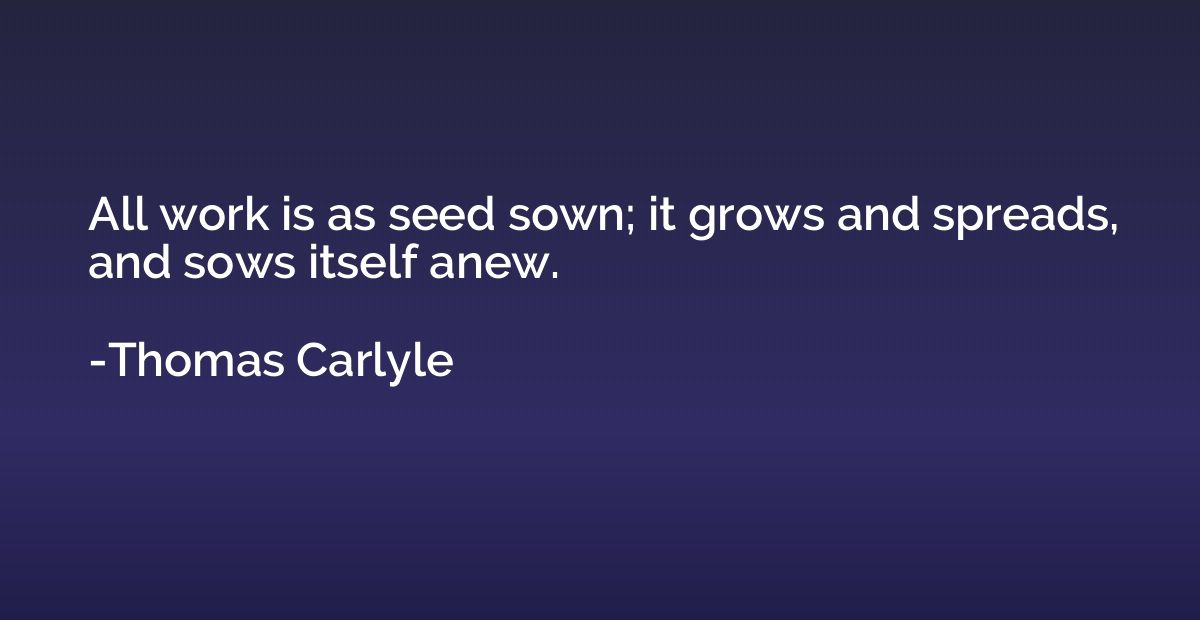Quote by George Orwell, 1984, Chapter 17
The war, therefore, if we judge it by the standards of previous wars, is merely an imposture. It is like the battles between certain ruminant animals whose horns are set at such an angle that they are incapable of hurting one another. But though it is unreal it is not meaningless. It eats up the surplus of consumable goods, and it helps to preserve the special mental atmosphere that a hierarchical society needs. War, it will be seen, is now a purely internal affair. In the past, the ruling groups of all countries, although they might recognize their common interest and therefore limit the destructiveness of war, did fight against one another, and the victor always plundered the vanquished. In our own day they are not fighting against one another at all. The war is waged by each ruling group against its own subjects, and the object of the war is not to make or prevent conquests of territory, but to keep the structure of society intact. The very word 'war', therefore, has become misleading. It would probably be accurate to say that by becoming continuous war has ceased to exist. The peculiar pressure that it exerted on human beings between the Neolithic Age and the early twentieth century has disappeared and been replaced by something quite different. The effect would be much the same if the three super-states, instead of fighting one another, should agree to live in perpetual peace, each inviolate within its own boundaries. For in that case each would still be a self-contained universe, freed for ever from the sobering influence of external danger. A peace that was truly permanent would be the same as a permanent war. This
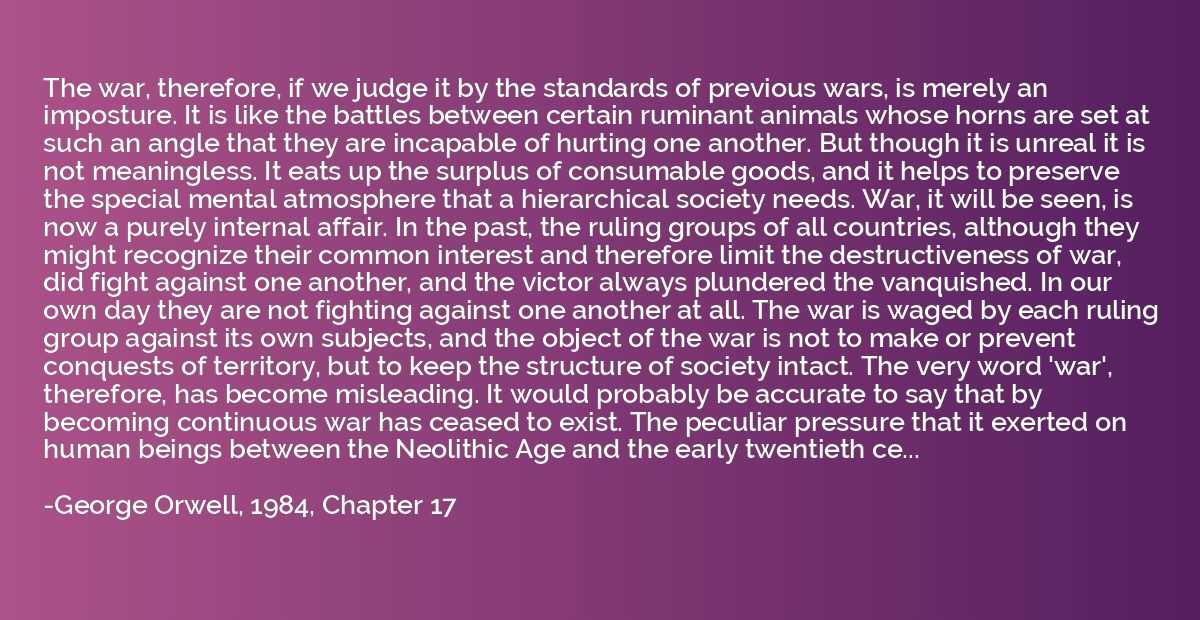
Summary
quotation from George Orwell's novel 1984 highlights the concept that war, as it is traditionally understood, no longer exists in the fictional dystopian society of Oceania. Instead, the ruling party manipulates war to maintain its own power and control over its citizens. The purpose of war is not to conquer territory, but to perpetuate the hierarchical structure of society and control the minds of the people through a constant state of fear and obedience. In this context, war serves as a means of consuming resources and reinforcing the oppressive regime. Orwell suggests that a permanent state of war or peace would have the same effect – the deprivation of individual freedom and the continuation of an oppressive system.



